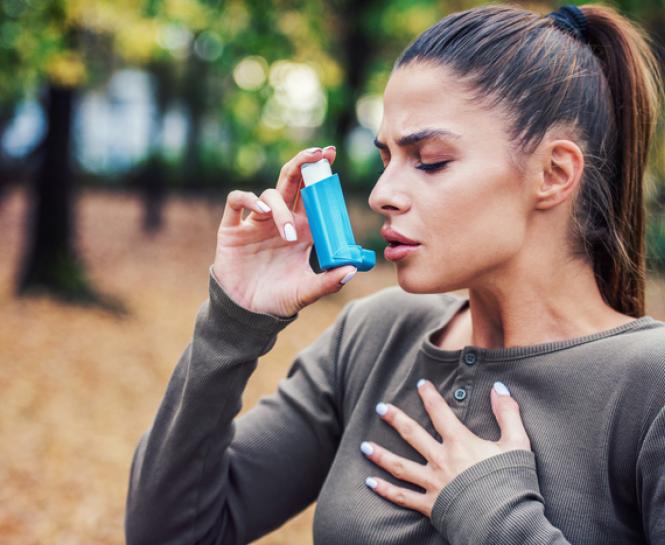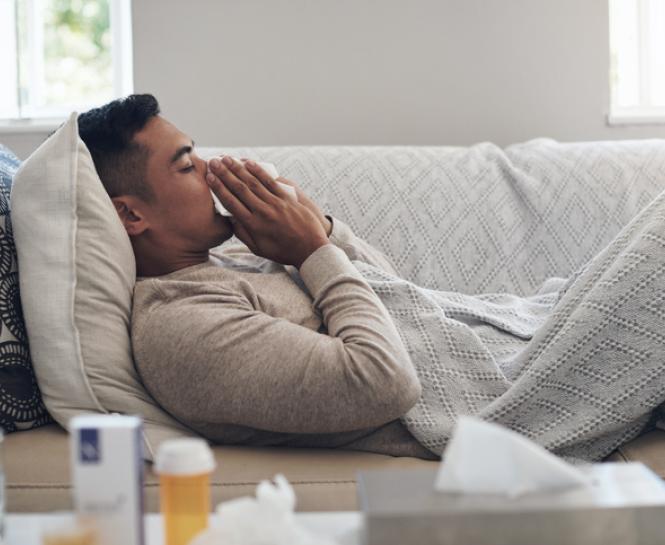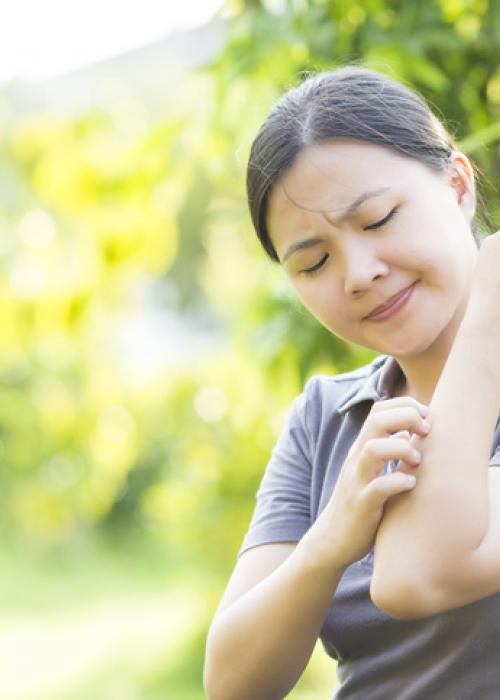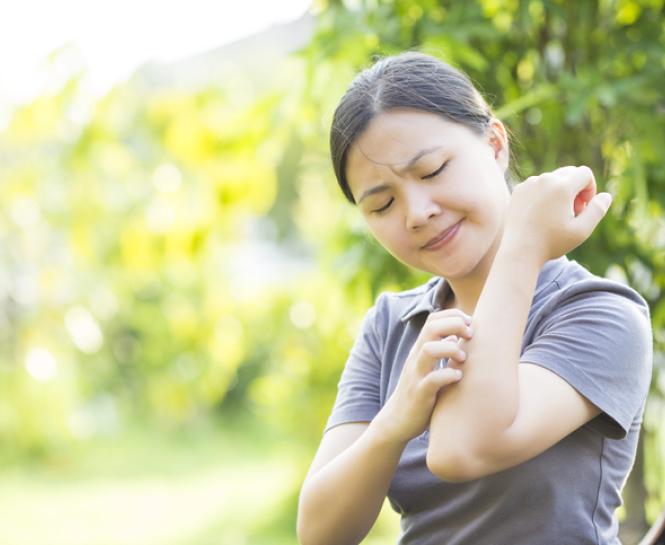“Most people think of spring when it comes to allergies, but fall allergies are common too,” said Lay Acharya, MD, Catholic Health Physician Partners Primary Care Physician. “The most common cause of fall allergies is ragweed season, which lasts from mid-August until October.”
Dr. Acharya noted that a ragweed allergy can aggravate asthma and cause issues like itching or swelling in or around the mouth when eating certain foods. “Knowing the causes and symptoms of a ragweed allergy can help you talk to your doctor about the best treatment options before symptoms get worse,” she said.
What causes fall allergies?
Ragweed is the most common cause of fall allergies. According to The Asthma and Allergy Foundation of America (AAFA), nearly 50 million people in the U.S. have symptoms from an allergy to ragweed pollen in the late summer and early fall. Ragweed season starts in mid-August and continues until October.
A ragweed pollen allergy will only cause symptoms when ragweed pollen is in the air, known as seasonal allergic rhinitis or hay fever.
Fall allergies can also be triggered by:
- Mold. Mold spores can grow in damp indoor and outdoor areas. During the fall season, a pile of wet leaves can cause mold spores to grow.
- Dust mites. Though most common in months with high humidity, dust mites can also enter the air when you first turn on your heat.
What are the symptoms of fall allergies?
Ragweed allergy symptoms include:
- Runny nose
- Nasal congestion
- Postnasal drip
- Sneezing
- Coughing
- Itchy and watery eyes
- Swelling around the eyes
- Scratchy throat
If you have asthma, a ragweed allergy can aggravate symptoms and cause coughing, wheezing and shortness of breath. A ragweed allergy may also cause itching or swelling in or around the mouth when eating certain foods such as bananas, melons, zucchini, cucumber and sunflower seeds.
How are fall allergies diagnosed?
Talk to your primary care physician if you are experiencing symptoms or have a history of allergies. They can run tests, such as blood or skin tests, to diagnose and begin treatment.
How can I get relief from fall allergies?
Although there is no cure for a ragweed allergy, over-the-counter (OTC) or prescription medication options are available to treat and manage symptoms. Always talk to your doctor before taking medication, especially if you have existing medical conditions like high blood pressure.
Medication options include:
- Steroid nasal spray to reduce inflammation in the nose.
- Antihistamine to reduce or stop sneezing and itching.
- Decongestant to relieve nasal stuffiness and dry up mucus.
- Eye drops to relieve itchy and watery eyes.
- Immunotherapy, such as allergy shots, oral tablets, or drops for longer-term relief.
What other ways can I manage my symptoms?
Tip 1: Monitor the pollen count for your area. If the pollen count is high, try to stay indoors and keep the windows closed. Keep the windows closed when driving.
Tip 2: Avoid tracking pollen into your house after being outside. Take steps like taking off your shoes, showering, not sitting on furniture with the clothes you wore, and wiping down pets.
Tip 3: Clean house vents and change filters before turning on the heat when the weather gets cooler. You can also look into using a HEPA (high-efficiency particulate air) filter in your heating system or a vacuum with a HEPA filter to reduce pollutants that trigger allergies.
Tip 4: Wear a mask when doing outside chores like raking leaves or mowing the lawn.
Tip 5: If you have a history of allergies, make an action plan to talk to your doctor before the pollen count increases and your symptoms worsen.
Find Care at Catholic Health
Call 866-MY-LI-DOC (866-695-4362) to find a Catholic Health physician near you.







